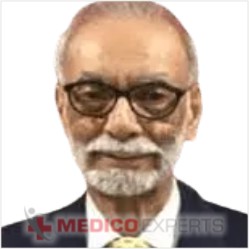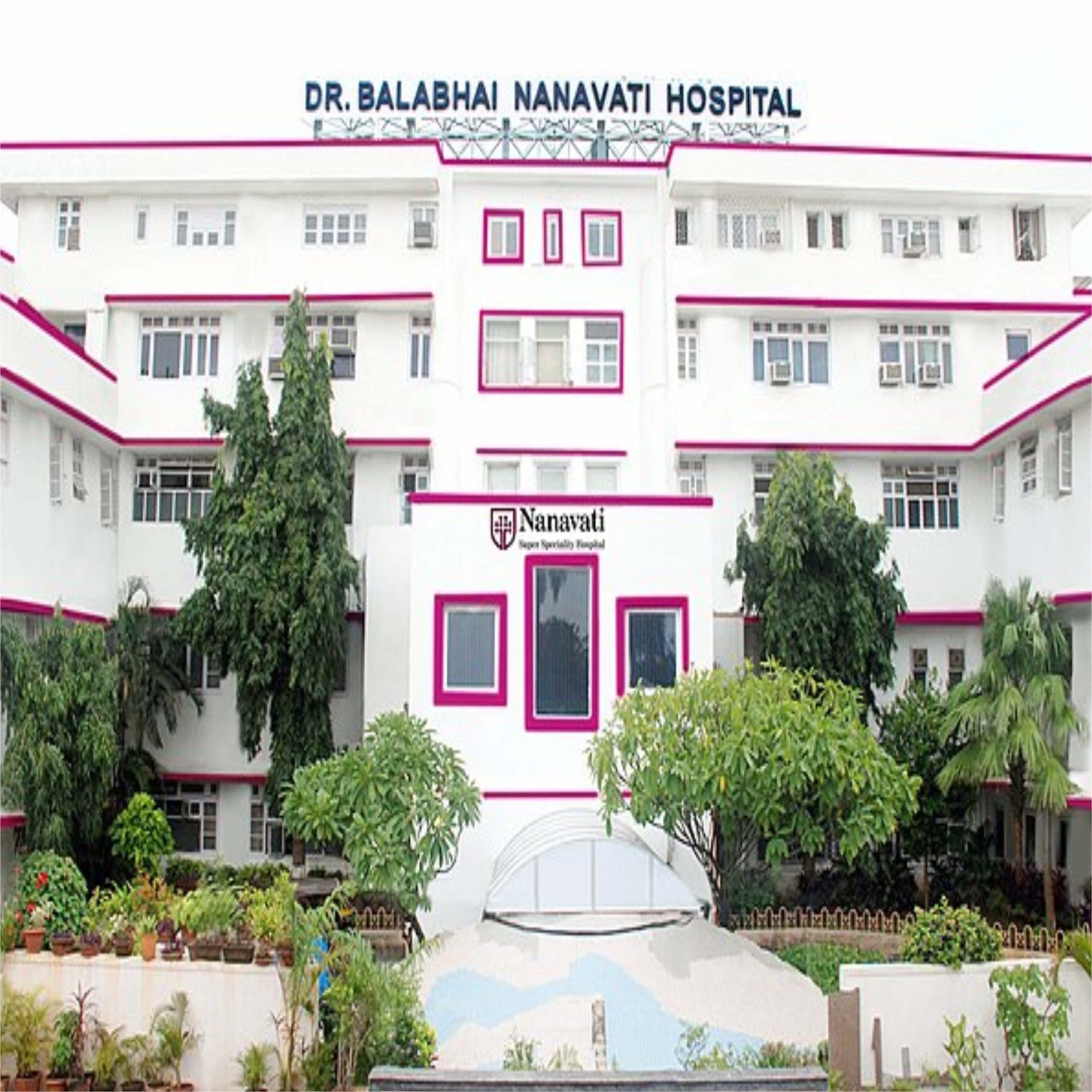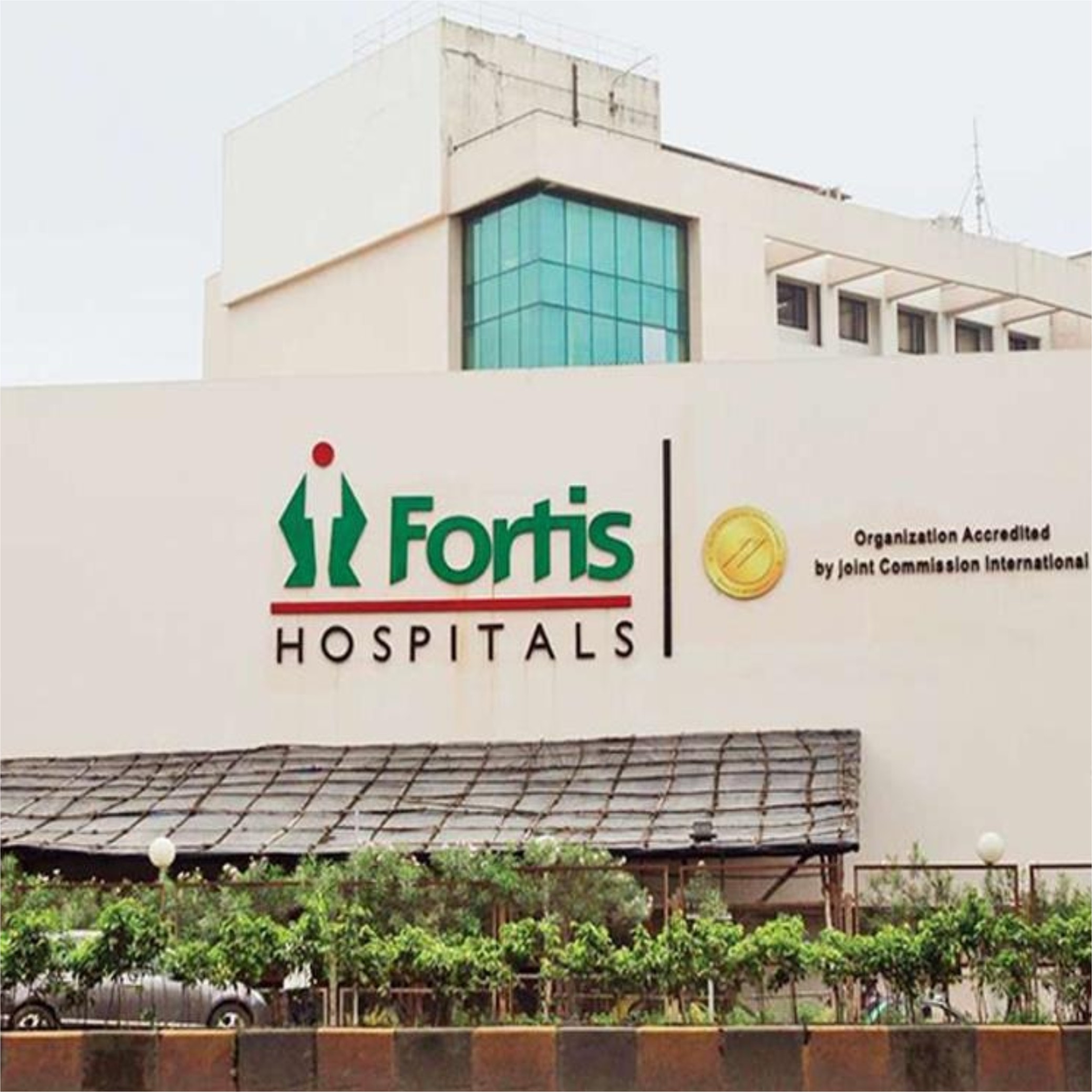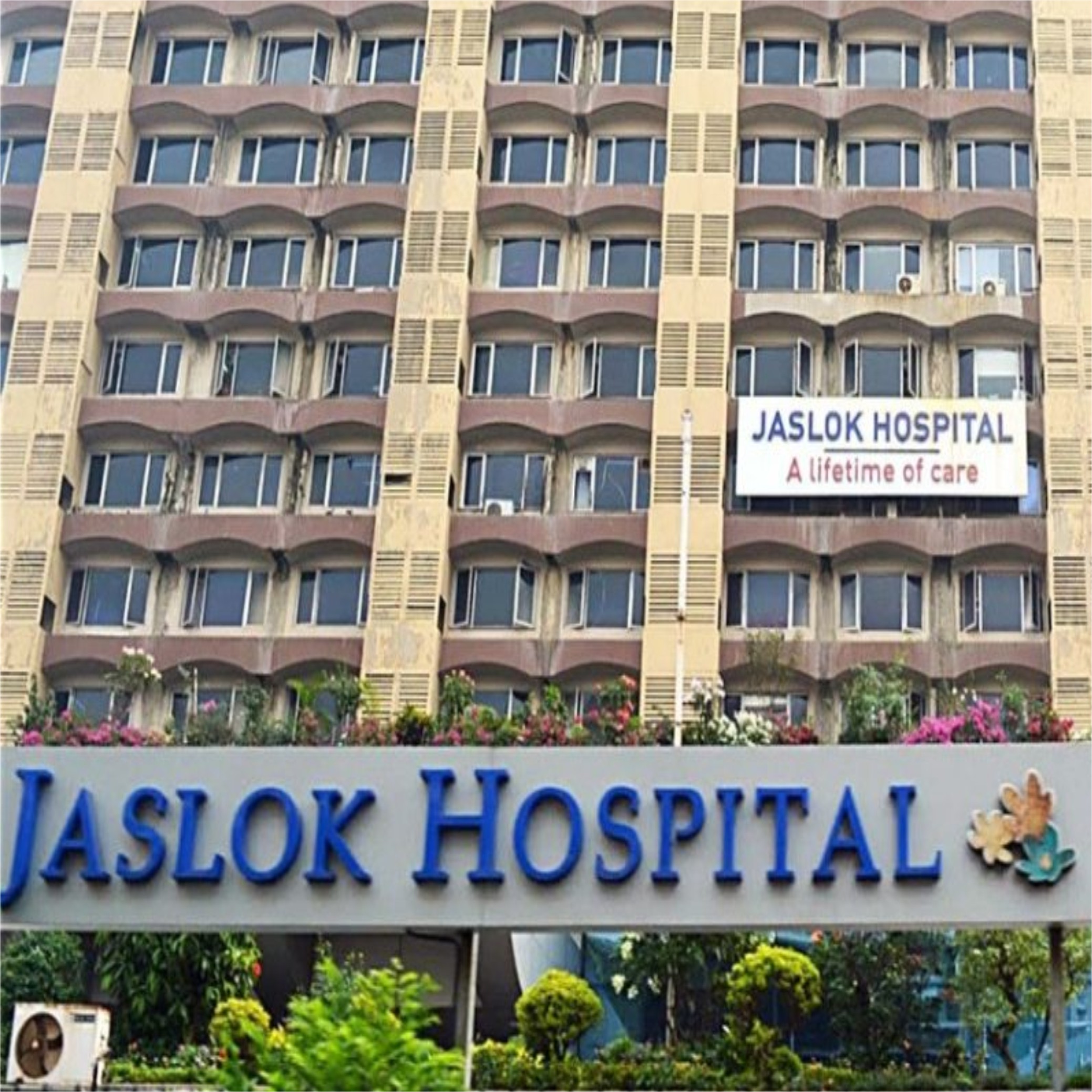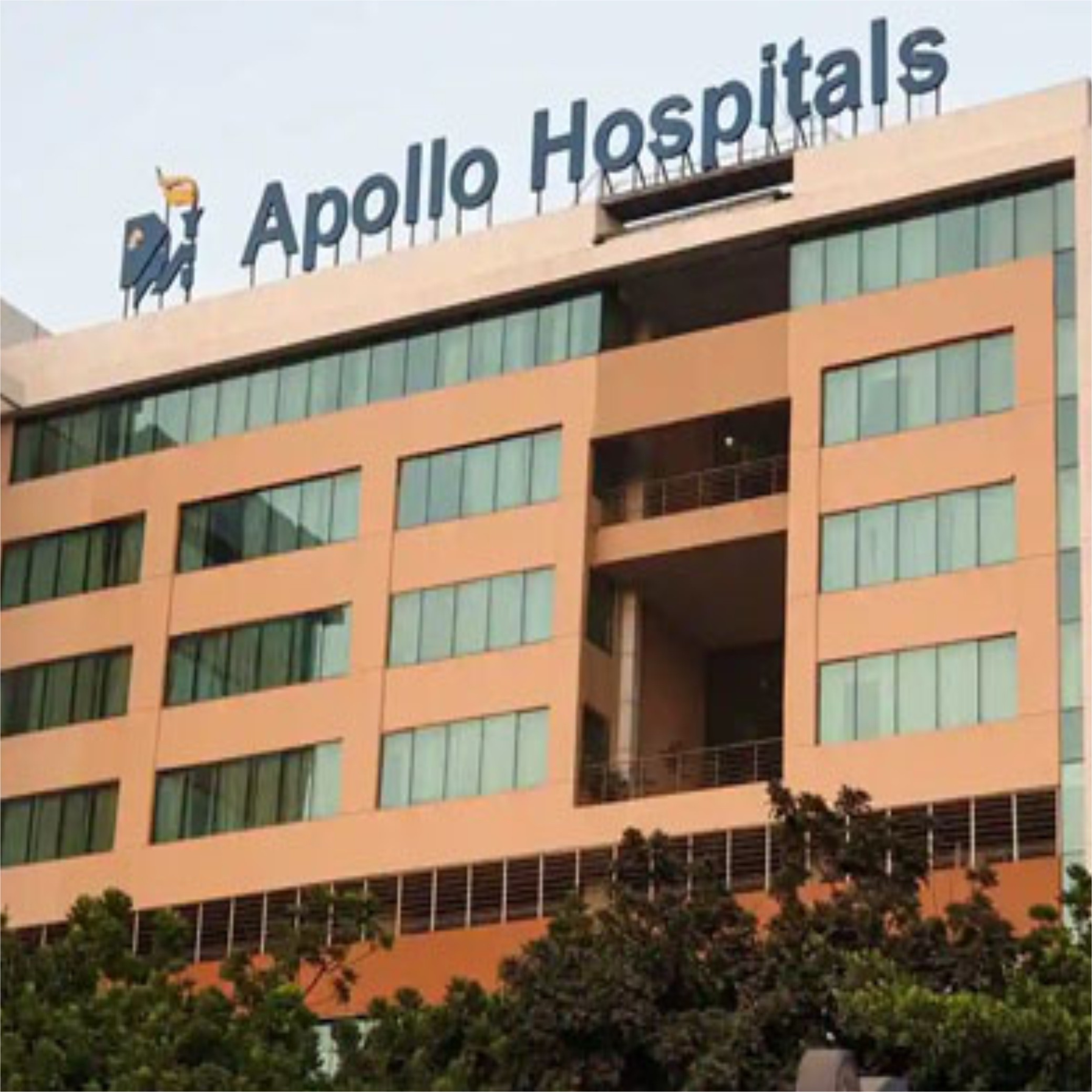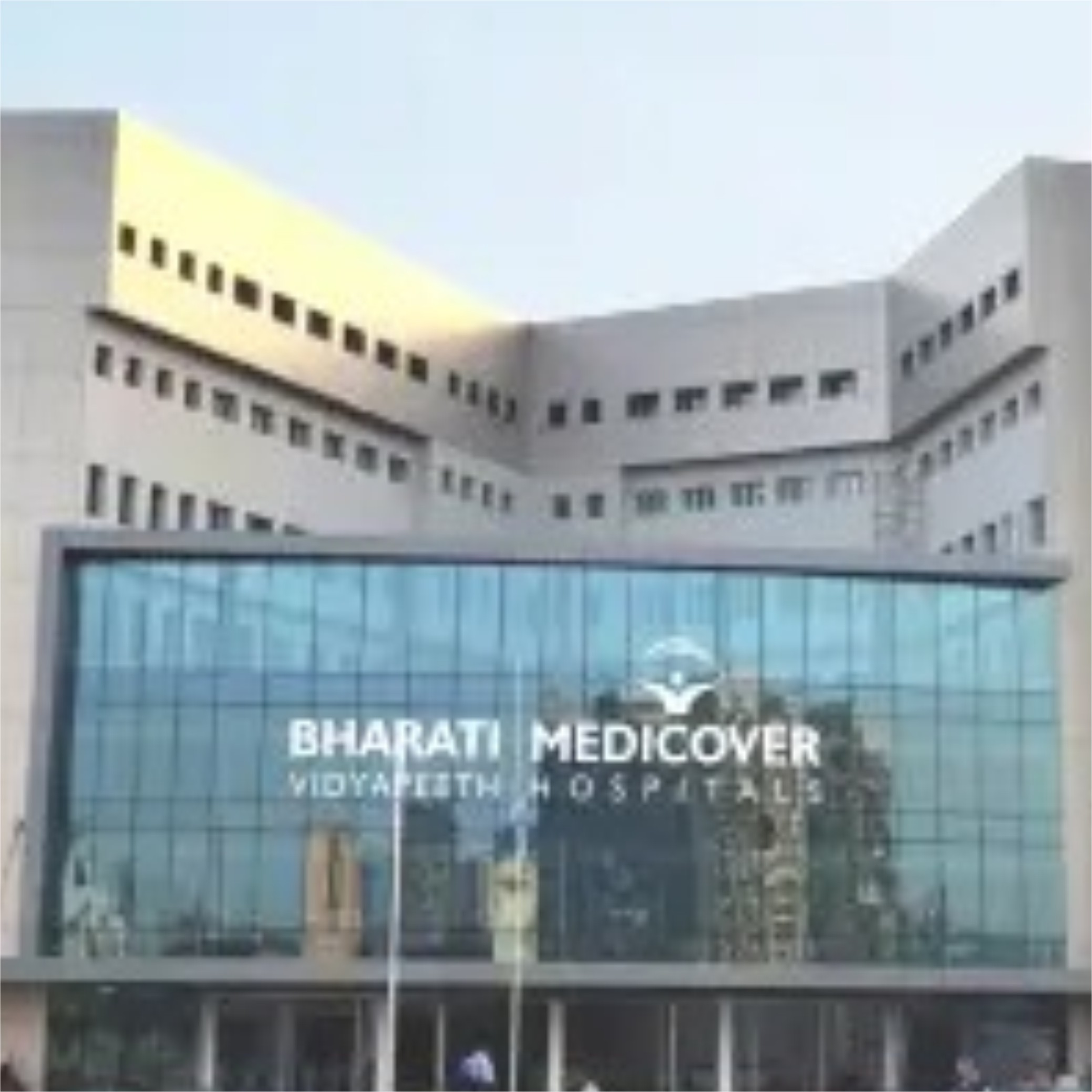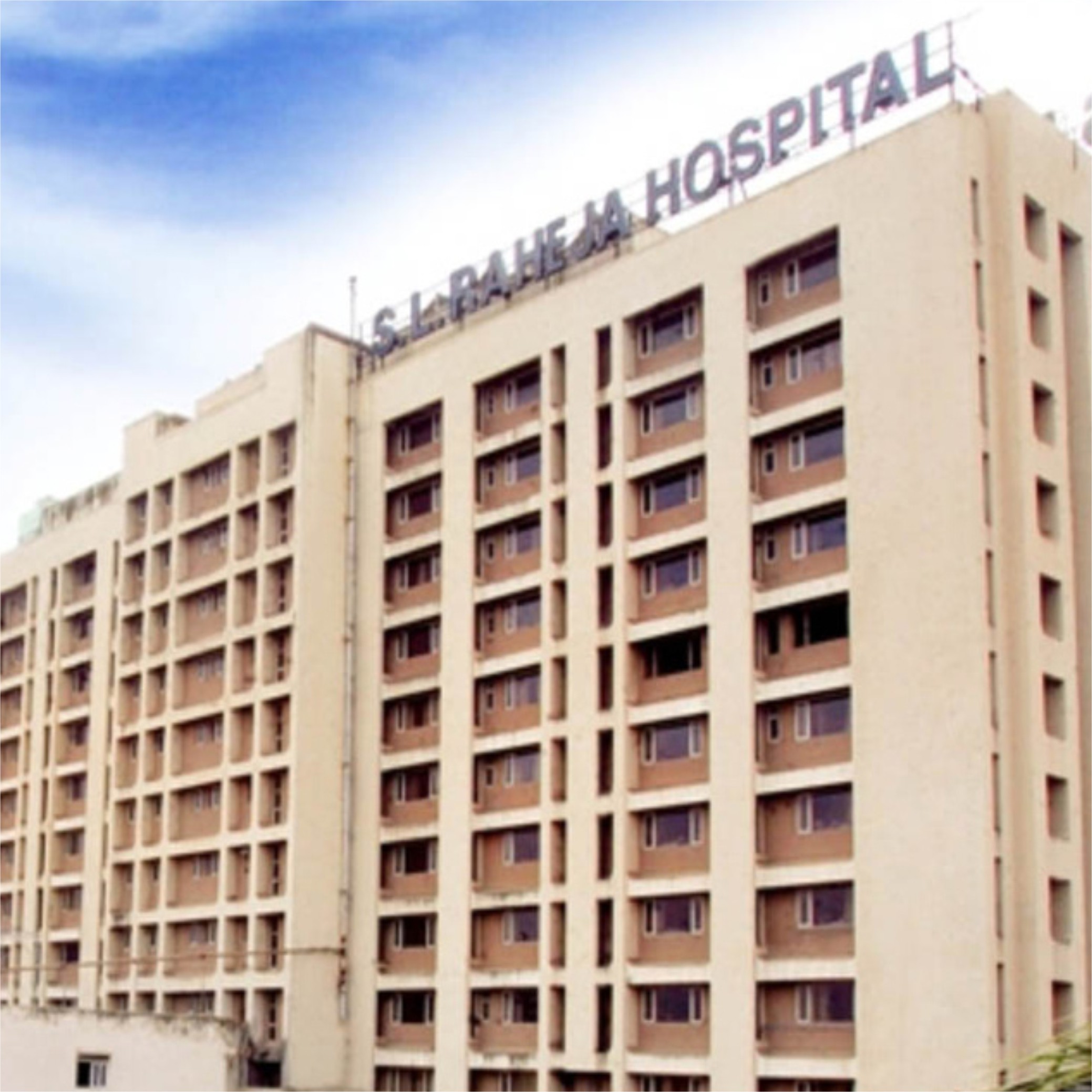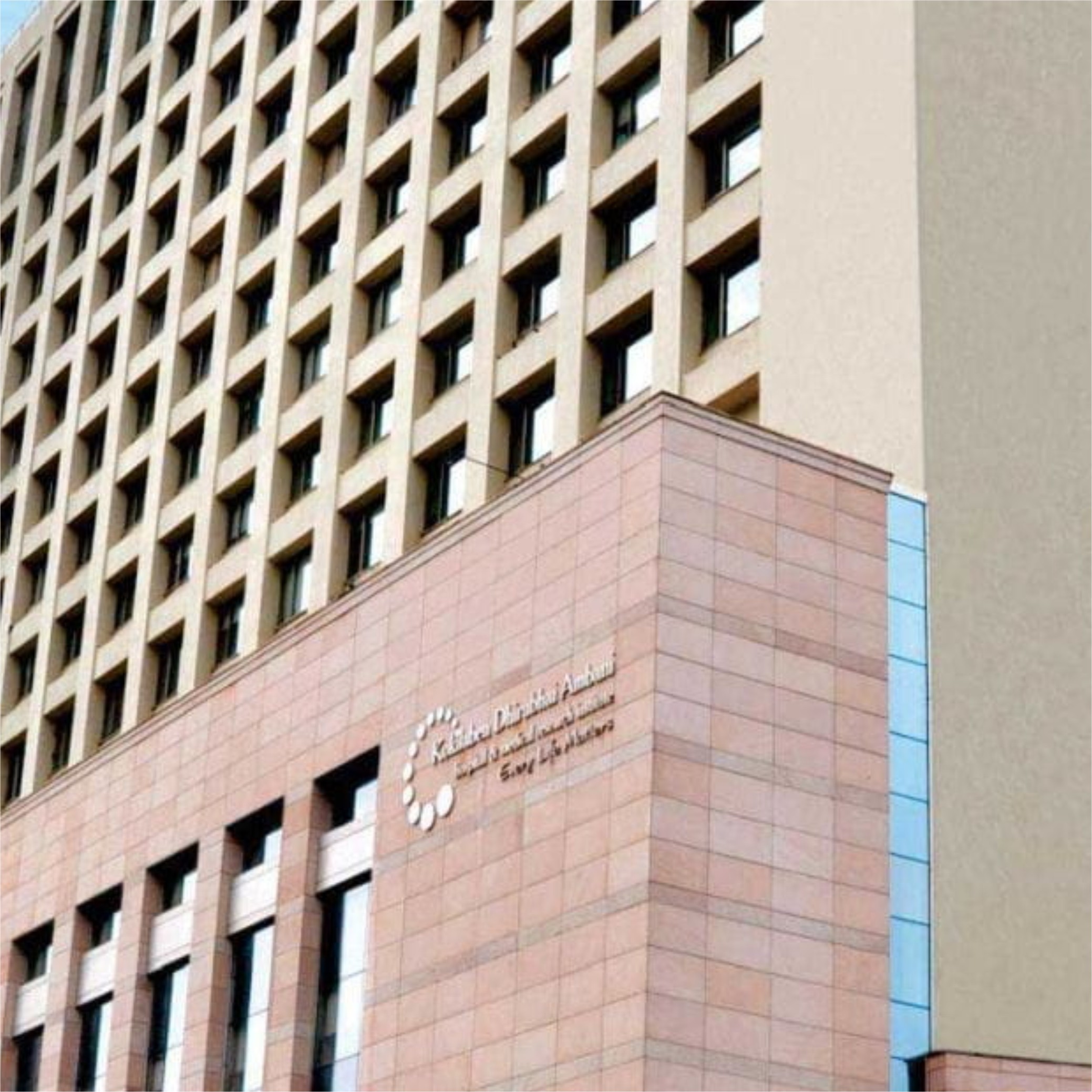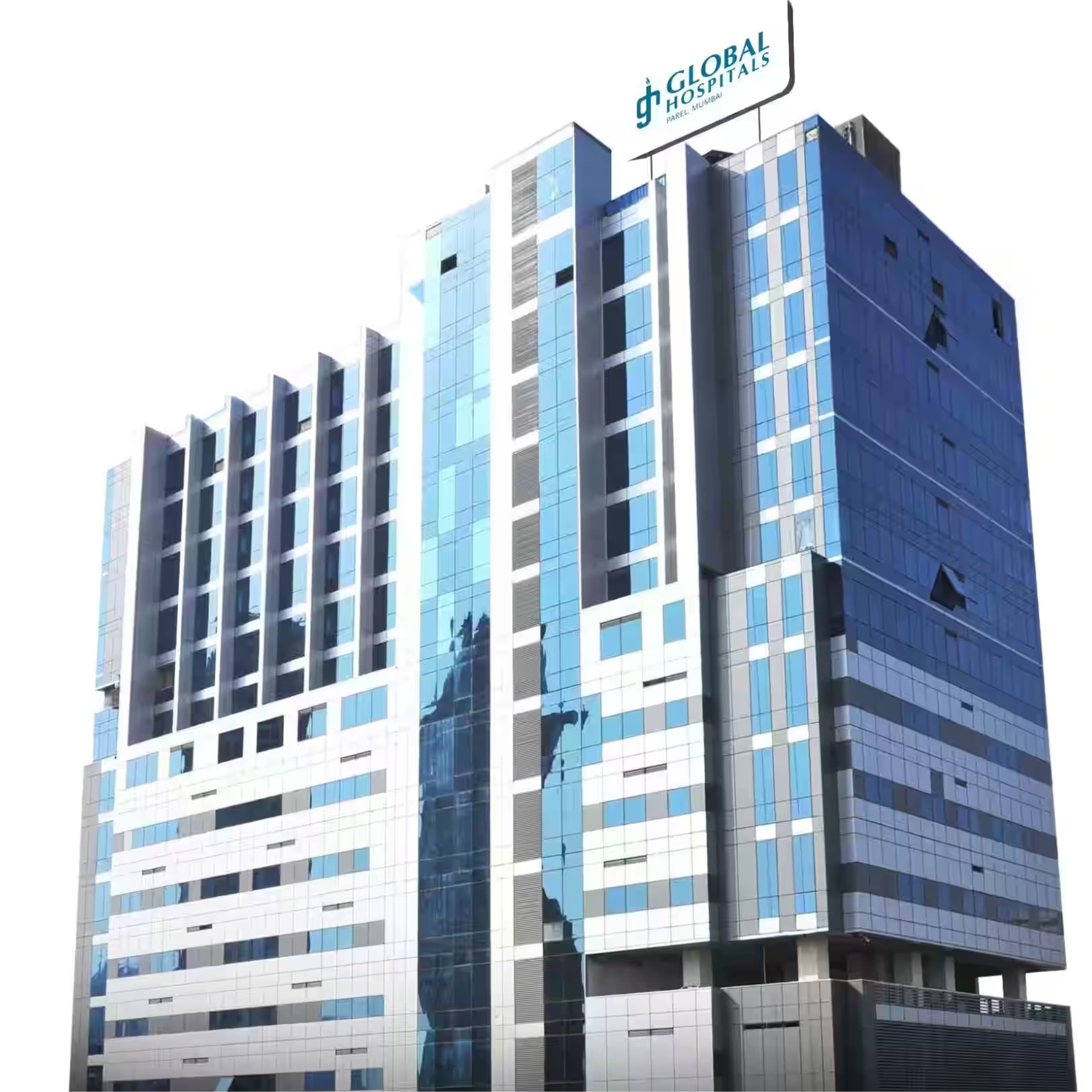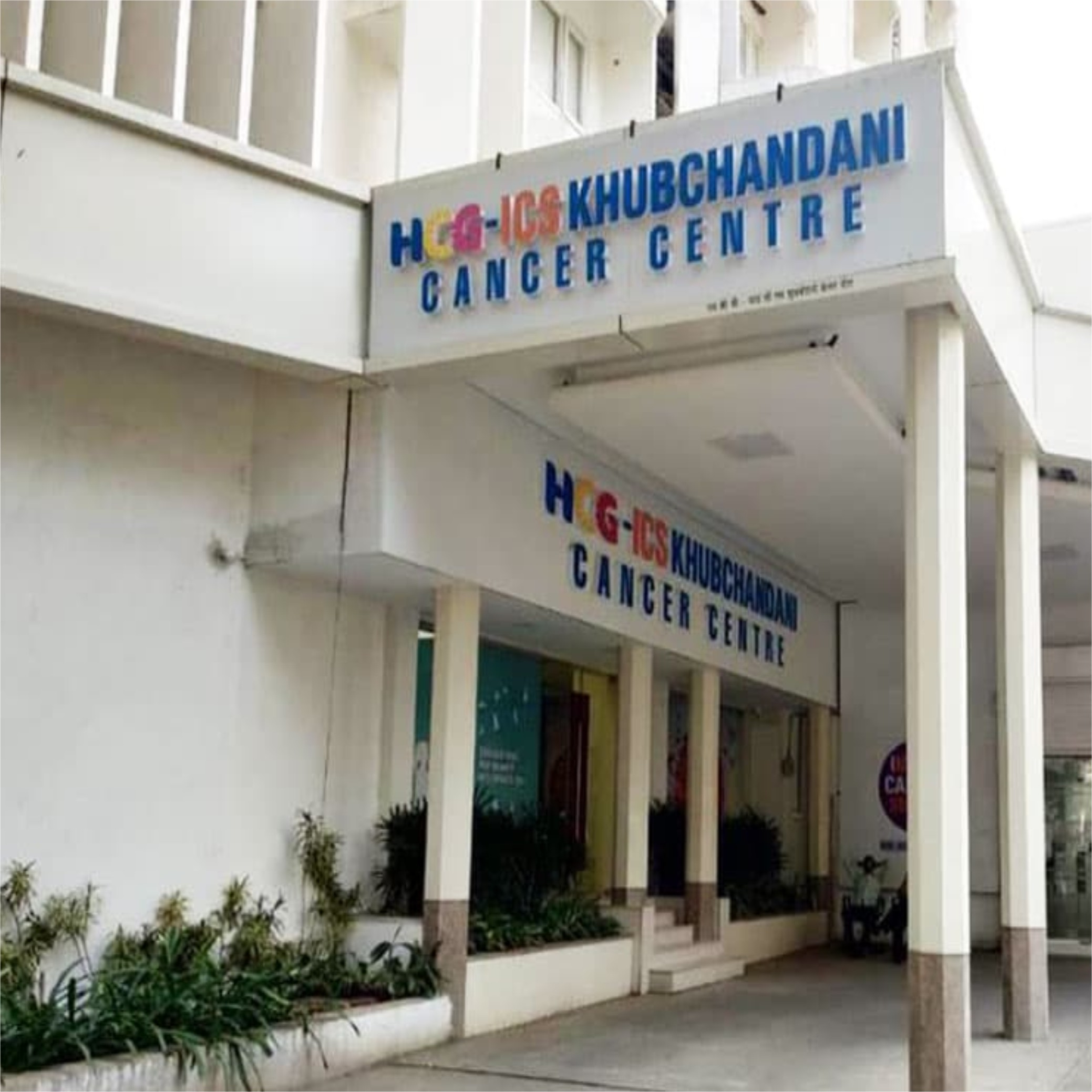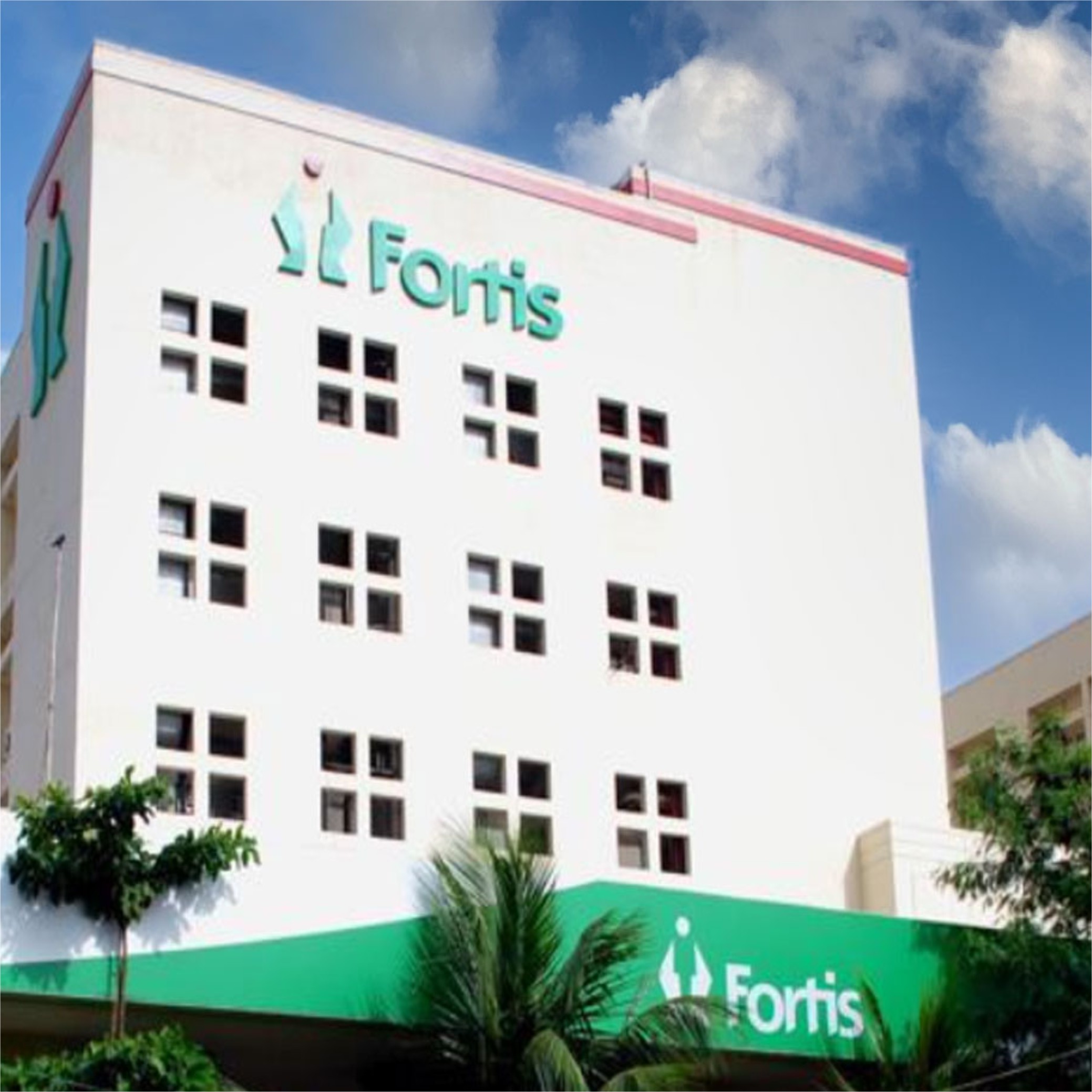Avascular Necrosis Treatment Without Surgery: Alternatives To Invasive Procedures
Do you think that it is impossible for you to maintain an active life with avascular necrosis?
The pain is unbearable and your mobility is completely affected. You may face challenges in your workplace due to the pain, physical limitation and lowered mobility.
But do you know that there is effective avascular necrosis treatment without surgery?
Regenerative treatments like stem cell therapy have shown exceptional results in treating avascular necrosis.
Let’s learn how these therapies and treatments can help you live a pain-free and active life.
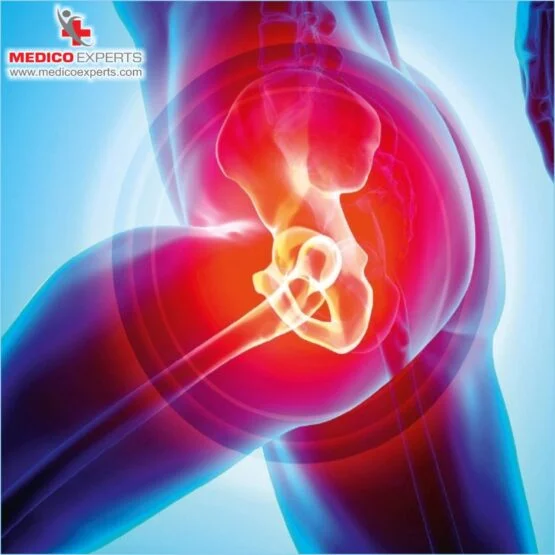
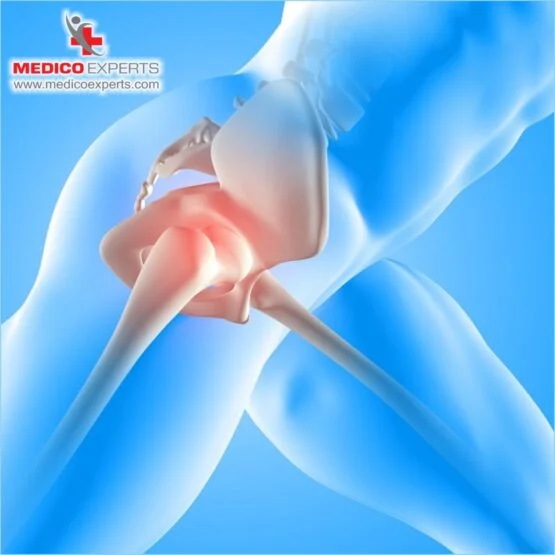
Key Takeaways: Avascular Necrosis Treatment Without Surgery
- How AVN affects your daily life due to the extreme pain and lack of mobility it causes
- What are the causes, symptoms, and stages of AVN? How important it is for you to treat it as early as possible and how untreated AVN can snatch your active life from you.
- What are the benefits of non-surgical treatments of AVN? What are the differences between surgical and non-surgical treatments??
- How stem cell therapy can restore your active life and reduce pain drastically.
- Know whether you are the ideal candidate for stem cell therapy for AVN.
What is Avascular Necrosis?
In simple terms, avascular necrosis (AVN) is a disease in which your bone tissues die due to a lack of blood supply.
When your bone is broken or your dislocated joint hampers the blood flow to a particular area of the bone AVN occurs.
AVN can lead to tiny breaks in your bone and even cause it to collapse.
Though the process of bone collapse may take months and years, you need to treat it in time to avoid such a situation.
Anyone can suffer from AVN but it is common in people within 30 to 50 years of age.
AVN is also known as osteonecrosis.
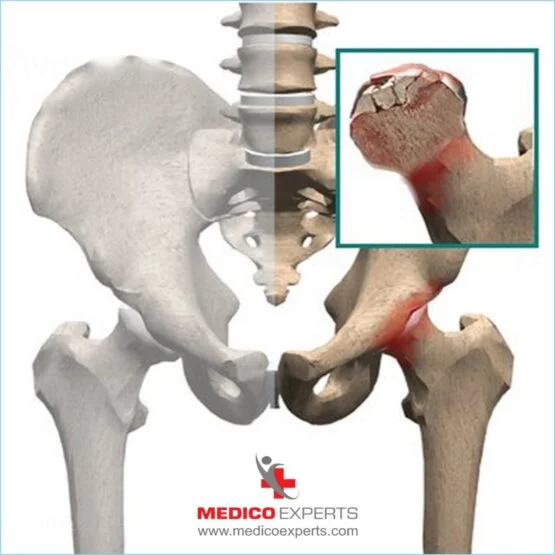
What parts of your body can be affected by Avascular Necrosis?
Avascular Necrosis can target bone tissues in any joint, but it commonly targets your hips. Other than hips, AVN can affect your:
- Knees
- Upper arms
- Ankles
- Jaw
What are the different types of Avascular Necrosis?
Avascular necrosis or osteonecrosis are of two types. Let’s have a look at them:
Trauma-related avascular necrosis happens after an injury such as bone injury, fracture, or joint dislocation.
Non-trauma-related avascular necrosis is common among people who are consuming alcohol or have been on steroids for a long time.
What are the causes of Avascular Necrosis?
If there is a disruption in blood supply to a part of your bone, AVN can happen. When the blood doesn’t reach that part, it doesn’t get the oxygen and nutrients it needs.
If the area of the bone is small and doesn’t bear your body weight, your body may be able to repair it fast. But if your body cannot repair the bone, it may result in bone erosion, fracture, and bone collapse.
The causes of AVN can be:
- Injury
- Blood vessel damage
- Fracture
- Accessive alcohol abuse
- Smoking
- Certain chronic medical conditions
- Long-time use of steroids
Some of the risk factors of AVN are:
- Radiation treatment
- Chemotherapy
- Pancreatitis (inflammation of the pancreas)
- Decompression disease (a life-threatening disease which occurs when dissolved gases form bubbles in the bloodstream)
- Autoimmune diseases
Now that you know the causes, let’s move on and learn about the symptoms.
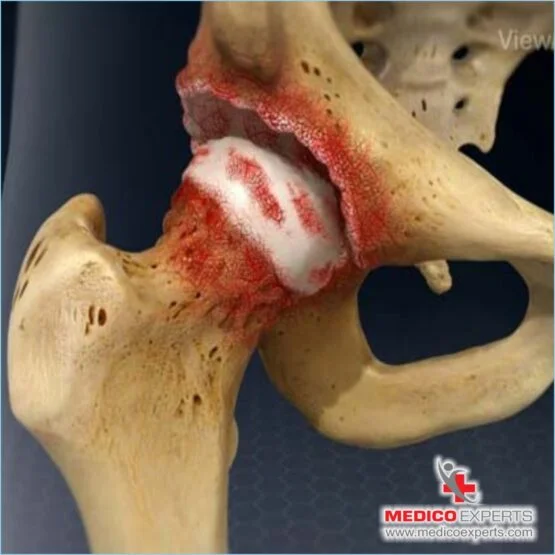
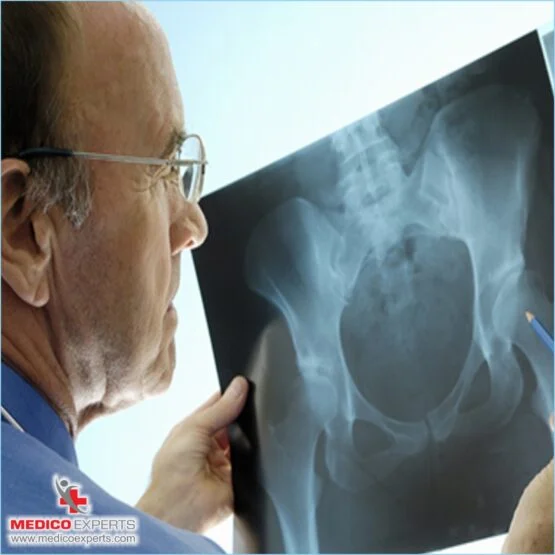
What are the symptoms of Avascular Necrosis?
You may not have any symptoms during the initial stage. But slowly, you will experience them. The symptoms of AVN are
- Intermittent pain
- Stiff joints
- AVN in hips or knees can lead to limping
- Sudden increase in pain due to bone collapse
- Motion limited by pain
- Difficulty in climbing stairs, walking, and standing for a long time
- Arthritis
The symptoms will vary depending on the stages of avascular necrosis.
What are the stages of Avascular Necrosis?
There are five stages of AVN. Let’s learn about them:
The disease starts without any symptoms because they do not show during the initial stage. X-rays don’t show any changes, especially if you have minor bone thinning. An MRI that can detect swelling will help detect AVN.
In this stage, X-rays will be able to show hardening in the middle top part of the joint, thinning of bones, and small fluid-filled pockets under the bone surface.
The usual smooth surface of the joint gets pressed down a little bit which changes its usual round shape. Because of that the space in the joint becomes smaller. If you do an X-ray at this stage, it will show a curved line, called a crescent sign.
If you have reached this stage, there’s a big collapse of the bone just under the cartilage and damage to the bone’s internal structure. You may suffer from secondary arthritis due to this.
If you have reached this stage, both surfaces of your joint have been damaged, making it completely dysfunctional.
Understanding these stages and their severity will help you get the right treatment at the right time to get back your functionality.
How is Avascular Necrosis diagnosed?
Your doctor may use different tests to diagnose whether you have AVN.
- They will check your medical history
- They will do a physical examination
- They can take the help of imaging tests like Xrays, MRIs, and CT scans
The doctors may use X-rays first to check if there are any other causes of joint pain. They will determine it with MRIs and CT scans, as they provide a clearer image of your bone and the extent of the damage.
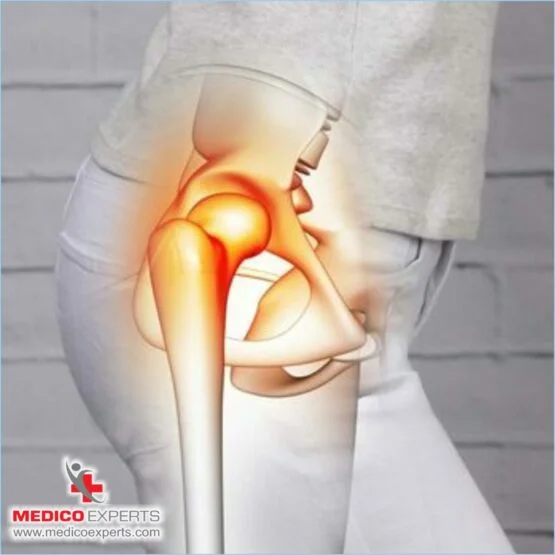
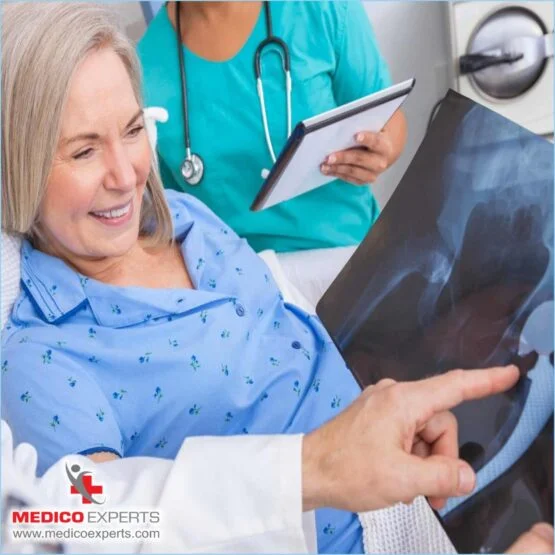
Current surgical interventions and their limitations
Surgical interventions are used when you are at the last stage of AVN and there is bone collapse. However, surgical treatments are invasive and need more recovery time.
At the same time, non-surgical interventions like regenerative medicines can regenerate the dead cells and heal you from the pain and loss of mobility. These procedures help you recover much faster and in a non-invasive way.
Surgical treatment options
Conventionally, when you are at the last stage of AVN, the doctor can advise surgery to remove the dead bone cells. In that case, your orthopaedic surgeon might recommend either of the following surgical interventions:
A core decompression surgery is usually advised to conserve the function and the structure of the affected bone or joint. This surgery also helps in relieving pain associated with osteonecrosis.
During core decompression surgery your doctor repairs the affected site by coring or removing the dead cells and then filling the cored area with a bone graft.
If the necrosis has affected the joint adversely and there is no scope of repair then your doctor may advise total joint replacement for you.
During bone reshaping surgery your doctor removes a part of the bone either from above or below the affected weight-bearing joint to shift the body weight from them. This surgery is typically done to delay joint replacement.
Avascular Necrosis Treatment Without Surgery Options
Conventionally, non-surgical treatments were used along with surgery to manage the blood supply at the affected joint. These non-surgical interventions include:
- Regenerative medicines
- Medications to manage pain
- Medication to control osteoporosis
- Usage of crutches to reduce pressure on weight-bearing joints like hip joints and knee joints.
- Certain exercises to improve blood supply at the affected bone.
- Lifestyle modification
However, today non-surgical treatments like regenerative treatments have shown some exceptional results in treating AVN. Before we move on to learn about the benefits of regenerative treatments like stem cell therapy, let’s have a look at the differences between surgical and non-surgical treatments for AVN.
Surgical Vs. Non-surgical
Here are some differences between surgical and nonsurgical treatments for avascular necrosis:
| Parameter | Surgical | Non-surgical |
| Method | Surgeries are invasive and they need incision and tissue manipulation to reduce pain and increase mobility. | Non-surgical treatments are non-invasive or minimally invasive. |
| Recovery Period | Surgical treatments need a longer recovery period and at times require rehabilitation. | Most non-surgical treatments have a shorter recovery period. |
| Focus | Surgical treatment tries to address the structural issues directly. They try to relieve pain and restore function. They are mostly used when non-surgical treatments do not work. | Nonsurgical treatments aim to manage symptoms, delay progression, and preserve joint function. The regenerative treatments also focus on regaining function and healing pain. |
With regenerative medicine and stem cell treatment, things have changed completely, and now stem cell therapy can help you get relief from pain and regain your mobility.
How does regenerative medicine treat AVN?
Regenerative medicines focus on using your body’s natural healing capacity to boost the regeneration of tissues and cells and repair your body parts.
Experts have used stem cell therapy as a regenerative medicine to treat AVN. This therapy is used to regenerate damaged tissues in AVN patients.
Some of the benefits of using regenerative medicines for AVN are:
- Regenerative medicine can promote healthy cells and tissues to repair the damaged bones of AVN patients. This approach of treatment provides sustainable relief instead of temporary management of symptoms.
- Regenerative medicine like stem cell therapy is minimally invasive and that minimizes the potential side effects.
- Regenerative medicines have a shorter recovery period.
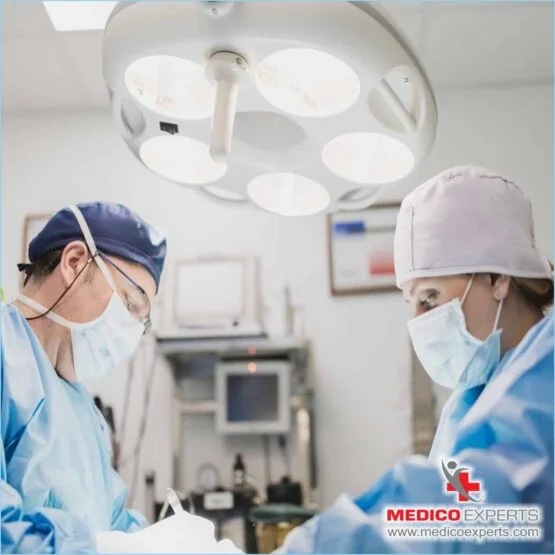
Is Avascular Necrosis treatment with stem cell therapy effective?
Stem cell therapy has shown some promising results in treating avascular necrosis. Mesenchymal stem cells can help significantly in giving you relief from pain, boost your body function, and halt the progress of AVN by regenerating your bone.
Stem cells have the unique potential to regenerate other cells and tissues. The stem cell specialists use the regenerative power of these cells to give you permanent relief from pain and repair damaged bone.
Daniel Wiznia, who is a Yale Surgeon, compares bones with dinner plates. He says, “Over time, the glaze of a plate will form cracks. And eventually, it will break. Bones work in the same way. Our blood provides nourishment to our bones. Our blood provides nourishment to our bones so that the cells within them can repair those cracks. But if the bones don’t have that blood supply, they can’t regenerate and fix the fracture.”
Stem cells come to rescue your bone in such situations. They can regenerate new blood vessels, muscles, and bones. Wiznia further added, “Because we are able to replace injured bone with fresh bone, you may not need a more invasive procedure, such as joint replacement.”
Stem cells not only regenerate damaged tissues, blood vessels, and bones but they also improve the blood flow to the bone, giving you a more sustainable relief from AVN and its symptoms.
There is no doubt that stem cell therapy is the way forward to treat avascular necrosis but who is the ideal candidate for a cell-based advanced treatment for it?
Let’s find out!

Who is an ideal candidate for cell-based advanced treatment for Avascular Necrosis without surgery?
If you are considering stem cell therapy for treating avascular necrosis, you must ensure your eligibility for undergoing this procedure. Commonly, stem cell therapy for this condition is advised when:
- You are not anemic
- You are not on any steroid medicine that may affect the efficacy of stem cells
- You are not on any medication that alters the thickness of the blood
- You have not undergone surgery for avascular necrosis
Apart from the above factors, your doctor may also go through your medical history to confirm whether you are fit to undergo cell-based therapy to reverse your avascular necrosis.
What can you expect after stem cell treatment for Avascular Necrosis?
Studies indicate that about 93% of people who underwent stem cell therapy for avascular necrosis treatment showed significant improvement.
After the treatment people having avascular necrosis said that they do not experience any pain or tenderness around the affected bone or joint.
Below is a testimonial of an AVN patient who underwent AVN treatment without surgery using stem cells:
What are the potential benefits of stem cell therapy?
Here are some of the potential benefits of stem cell therapy:
- The stem cells are extracted from the patient’s own body, so there is no risk of rejection
- It is a fast, safe, and effective treatment for pain relief
- Stem cell therapy gives you relief from arthritis symptoms. AVN can lead to severe arthritis, as in this condition your bone loses its smoothness.
- Unlike surgical procedures stem cell therapy needs minimal recovery time.
- It replaces damaged cells and triggers your body’s natural healing power.
- It is a minimally invasive procedure.
There is no doubt that stem cell therapy has numerous benefits but you might be eager to know the cost of it.
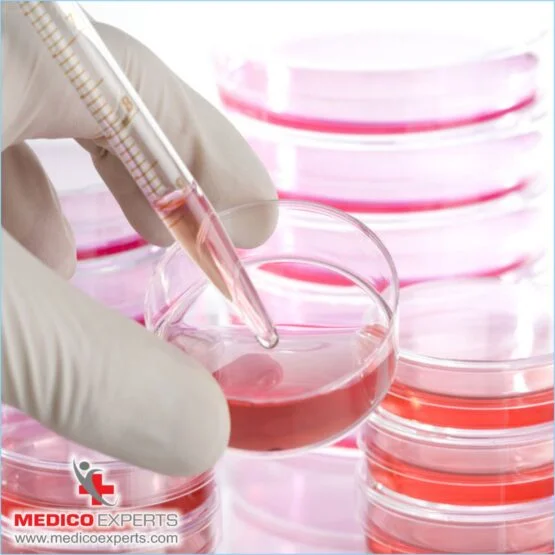

What is the cost of stem cell therapy for Avascular Necrosis in India?
Typically the cost of stem cell therapy for avascular necrosis treatment in India is around USD 2000 (1,67,000 INR) per cycle.
In actual treatment, the cost of this treatment of any indication may vary depending upon various factors and the choices which you have chosen, like the city, doctor and hospital, and its location.
Also, the cost of the treatment may vary based on the tests your doctor recommends before or after the procedure.
What is the success rate of stem cell therapy for Avascular Necrosis?
Stem cell therapy has successfully treated 93% of people who underwent cell-based therapy to reverse their avascular necrosis and found it helpful. But the success rate of stem cell therapy for avascular necrosis depends on the doctor, and the hospital you have chosen.
This is because the protocol and the procedure of stem cell therapy will vary depending on the doctor you choose.
You can lower the chance of any post-procedure complications that can happen after the therapy by choosing a good hospital and doctor. Medicoexperts can help you connect with the best doctors and top hospitals in India.

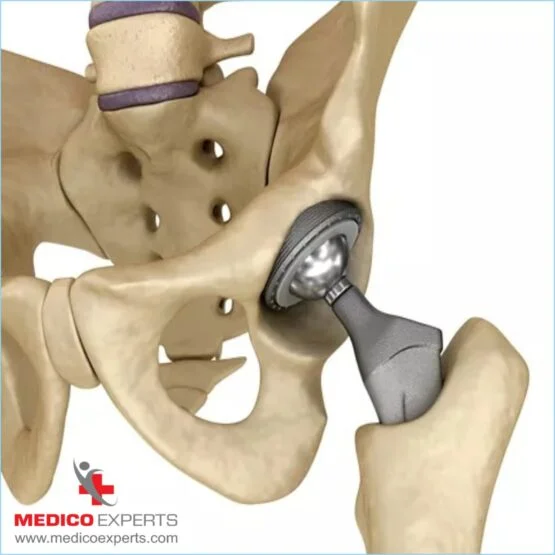
How can you prevent Avascular Necrosis?
The following tips can help you prevent avascular necrosis
- Avoid drinking too much alcohol
- Stay away from smoking
- Avoid high doses of corticosteroids like prednisone and cortisone
- Keep your cholesterol levels low
Takeaway
Avascular necrosis can adversely affect your daily life as it is a painful condition that drastically reduces your mobility.
Stem cell therapy is a non-invasive procedure that can help you heal from AVN. It is a fast, safe, and effective procedure.
Unlike surgery, stem cell therapy uses your body’s natural healing capabilities and regenerates cells and tissues within the affected area of the bone.
This therapy not only reduces the pain but also helps you regain function and strength in the damaged area.
You can get maximum benefits from this unique therapy if you choose the right doctor and hospital or center. MedicoExperts can help you to get the best stem cell specialist and hospital in India. We will guide you throughout the procedure and after the procedure making sure that you get back your pain-free and active life.

Frequently Asked Questions (FAQs):
Q1. How does AVN impact daily life?
AVN can make your life very painful and you may completely lose your mobility due to it. It can result in bone collapse which can enhance your pain and difficulty manyfold. That is why, it is very important to treat at the early stage.
Q2. Is avascular necrosis common?
Every year there are at least 16000 new cases of avascular necrosis in India. It is the most common indication for total hip Arthroplasty (a surgery to regain the function of joints). This condition is also common in people of all genders between their 30s and 50s.
Q3. Can avascular necrosis affect any bone in the body?
Avascular necrosis can affect knees, upper arms, ankles, and jaw. It cannot affect any bone in the body. It only affects joints.
Q4. Who is at risk for avascular necrosis?
You are at risk of developing avascular necrosis, if you do the following things:
- Take too much alcohol
- Smoke
- Use too much steroids (at times as medicines)
- You have high cholesterol levels
- Your age is between 30 and 50
Q5. Is avascular necrosis a progressive condition?
Yes, avascular necrosis is a progressive condition and if you do not treat it in time, it will get worse.
Q6. What lifestyle activities increase the risk of developing avascular necrosis?
Smoking, drinking too much alcohol, using steroids, and high cholesterol levels can increase your risk of developing avascular necrosis.
Q7. What happens if avascular necrosis is left untreated?
If you leave avascular necrosis untreated, it will worsen with time and eventually, your bone will collapse.
Q8. How can I get stem cell treatment for AVN?
To get stem cell treatment for avascular necrosis, you will need a stem cell therapist with a proven track record and also a completely equipped hospital or center. MedicoExperts can help you find the best doctors and hospitals. Contact us for more details.
Q9. What type of follow-up care do I need after stem cell treatment?
After stem cell therapy, you should:
- Avoid using anti-inflammatory medications for at least 6 weeks
- Start physiotherapy within 4-6 days
- Rest for 24-48 hours
- Do only light activities and household chores during the first 2 weeks
Q10. What is the avascular necrosis treatment in Ayurveda?
If you choose Ayurvedic treatments for avascular necrosis, you need to know that Ayurvedic doctors will use Panchakarma procedures and Rasayana therapies to manage this condition and halt its progression.
The doctors will use medicinal enemas, herbal preparations, and rejuvenating substances in these treatments.
Q11. What food should be included in your diet if you have avascular necrosis?
If you have avascular necrosis, you should have foods rich in vitamins A, C, E, magnesium, and omega-3 fatty acids.
You should also avoid drinking too much alcohol and smoking.
Q12. How is avascular necrosis treated with homeopathy?
Homeopathic treatment for avascular necrosis uses your body’s restorative power to heal. The treatment focuses on stopping damage to bone and reducing pain.
The homeopathic doctor will study your case history and then provide medicine accordingly.
Q13. Is AVN curable without surgery?
There is scientific evidence that shows that AVN is curable using stem cell therapy which is a non-surgical procedure.
Q14. What is the best non-surgical treatment for avascular necrosis of the hip?
Stem cell therapy can be the best nonsurgical treatment for avascular of the hip. It can help you stop the progression of AVN and avoid total hip arthroplasty surgery.
Q15. What is the best treatment for avascular necrosis?
Stem cell therapy or other cell-based therapy is the best for AVN as they have no chances of rejection and they heal you from within by regenerating new cells and tissues and improving the blood circulation to the area of the damaged bone.
Q16. How long does avascular necrosis take to heal?
The process of healing may take months to a year in the case of avascular necrosis. However, the whole healing process can be sped up through stem cell treatment for AVN.
Q17. AVN treatment without surgery in Mumbai?
Contact MedicoExperts to get the best non-surgical AVN treatment in Mumbai, We will get you to the appointment of the very best doctors, therapists and hospitals; always there to assist you throughout your healing journey.
Best avascular necrosis treatment hospitals in India
The top hospitals in India are equipped with cutting-edge technology and the latest innovations to provide the best avascular necrosis care. Here is a list of the best avascular necrosis treatment hospitals in India:

MedicoExperts is a Global virtual hospital which is established to offer quality healthcare services at affordable pricing without compromising the success rates of the treatment.
MedicoExperts is having a network of highly experienced super specialist doctors and well equipped hospitals across the globe and offering second opinion through online video consultation and surgical interventions through its empanelled super specialist doctors at its network hospitals in 17 countries from 3 continents.
By the virtue of its approach and model, MedicoExperts is successfully achieve to deliver
- Latest and most advanced treatments with success rates of international benchmarks.
- Multiple cost options depending upon the hospital facilities, with the same doctor.
- Treatment option in multiple cities/state/countries.
- Trust and peace of mind.
Most suitable for patients who are looking for:-
- Planned Surgeries and treatment from most experienced doctors and at multiple cost options as per hospital facilities with best possible outcomes.
- Second Opinion from expert doctors.
- Complex cases involving multi specialities
- International patients looking for treatment from Indian doctors
Recommended Articles For You
- https://www.hopkinsmedicine.org/health/conditions-and-diseases/avascular-necrosis
- https://nyulangone.org/conditions/osteonecrosis/diagnosis
- https://www.ncbi.nlm.nih.gov/books/NBK45506/
- https://www.niams.nih.gov/health-topics/osteonecrosis
- https://www.niams.nih.gov/health-topics/osteonecrosis/diagnosis-treatment-and-steps-to-take
- https://www.ncbi.nlm.nih.gov/pmc/articles/PMC3986287/
- https://www.yalemedicine.org/news/stem-cells-can-treat-avascular-necrosis
- https://www.ncbi.nlm.nih.gov/pmc/articles/PMC4634004/
- https://www.ncbi.nlm.nih.gov/pmc/articles/PMC10340773/
- https://www.avnclinics.com/blogs/do-you-know-tobacco-smoking-can-make-your-bone-brittle.php
- https://www.ncbi.nlm.nih.gov/pmc/articles/PMC7105235/
- https://www.ncbi.nlm.nih.gov/pmc/articles/PMC5316144/
- https://www.ncbi.nlm.nih.gov/pmc/articles/PMC7105235/
Recommendations To Understand Different Treatments
Stem Cell Therapy
You dream and hope to see your loved ones living a happy and healthy life. But when that health and happiness can come from a new treatment and travelling to a new country, your mind may have many fears and doubts. If you or your dear ones are…..Read More
Medically Reviewed By MedicoExperts Editorial & Clinically Review Board On 18 June 2024

Author Bio:
Dr. Khushbu Jain is a dedicated professional with a passion for advancing healthcare through cutting-edge treatments. She has a special interest in researching regenerative medicine and advanced treatment for diseases that are difficult to treat with conventional treatment options. Her deep understanding of these progressive treatments allows her to offer patients personalized and effective solutions for a variety of health concerns.




